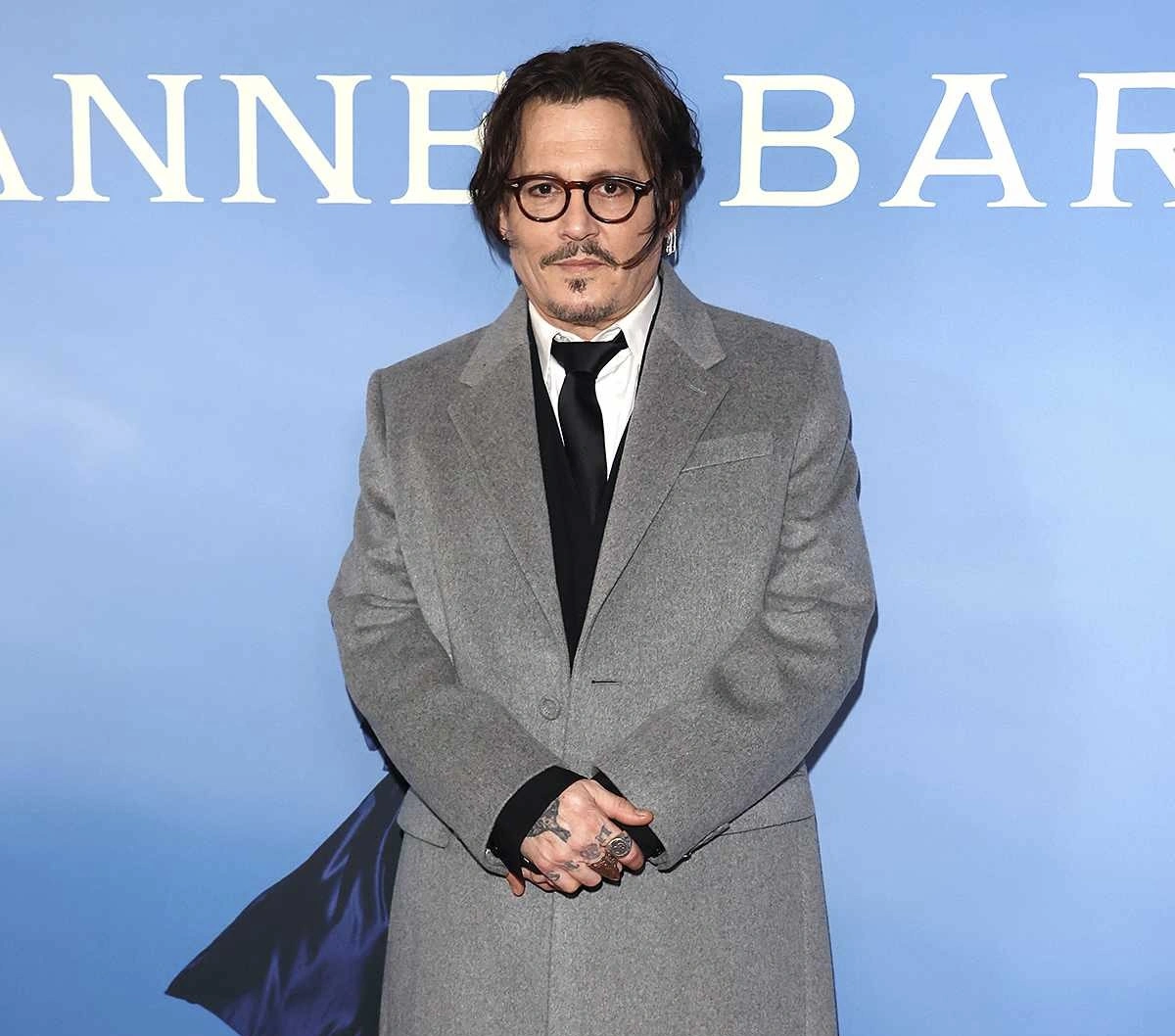In the pantheon of Hollywood legends, few actors embody reinvention quite like Arnold Schwarzenegger. From bodybuilding champion to box-office powerhouse, his journey is the stuff of celluloid myth. Yet, for all the praise heaped on blockbusters like The Terminator, Predator, and Total Recall, it was the 1988 comedy Twins—a lighthearted film about unlikely siblings—that delivered the actor his single biggest payday. And he didn’t even take a traditional salary.
What set Twins apart wasn’t just its comedic odd-couple pairing of Schwarzenegger and Danny DeVito, or its surprising box office run. The film is notable for being one of the most lucrative deals in modern film history—at least for its stars. Through a rare backend deal negotiated at a time when no one could predict its success, Schwarzenegger, DeVito, and director Ivan Reitman essentially bet on themselves. That gamble paid off with millions—reportedly over $35 million for Schwarzenegger alone—making Twins not only a commercial hit but a financial case study in savvy filmmaking economics.
This article explores the full story behind Schwarzenegger’s Twins deal, its impact on film finance, and the cultural legacy of a movie that almost launched an unconventional franchise.
The Genesis of Twins: Betting Against the Odds
When Twins was first pitched, it sounded like a far-fetched experiment. The concept: Arnold Schwarzenegger, the Austrian oak best known for monosyllabic killing machines, would play a sweet-natured, hyper-intelligent man raised on a tropical island. He discovers that he has a fraternal twin—Danny DeVito—who was raised in an orphanage, and who possesses none of Schwarzenegger’s physical gifts. The comedy would rely on visual and behavioral incongruity, leaning heavily into slapstick and emotional warmth.
For Hollywood in the late 1980s, this was unfamiliar terrain for Schwarzenegger. He had carved out a niche in science fiction and action. Comedy, especially the family-friendly variety, was a risk. That risk meant studios were hesitant to pour money into the film upfront. Universal Pictures greenlit the project with a modest budget of $18 million, but with a twist: instead of large salaries, Schwarzenegger, DeVito, and Reitman agreed to a percentage of the film’s box office gross.
This decision was rooted in confidence. All three believed in the chemistry of the cast and the strength of the story. Schwarzenegger, in particular, saw an opportunity to break typecasting. If it worked, he’d gain more than just a paycheck—he’d gain narrative range.
Box Office Surprise: $216 Million on a Modest Budget
Upon its release in December 1988, Twins became an unexpected hit. Audiences responded positively to its heartwarming tone, physical comedy, and reversal of expectations. Reviews were mixed to positive, with many critics highlighting the effective chemistry between its leads. The novelty of seeing Schwarzenegger in a role that required him to be charming rather than lethal proved irresistible.
What followed was a box office phenomenon. Twins grossed over $216 million worldwide, a staggering figure for a film with such a modest production budget. Domestically, it took in over $110 million. And that number does not include the substantial income generated from VHS sales and television syndication, which remained strong throughout the 1990s.
The backend deal that the key players negotiated entitled each of them—Schwarzenegger, DeVito, and Reitman—to about 20% of the film’s profits. Schwarzenegger has since revealed that he earned more from Twins than from any other project in his career, including Terminator 2: Judgment Day, which commanded a record-breaking salary at the time. In a recent interview on Watch What Happens Live, Schwarzenegger said plainly: “We went all the way to the bank with that.”
Backend Deals: Hollywood’s Financial Loophole
Schwarzenegger’s Twins windfall wasn’t just a fluke—it was a shrewd business move, emblematic of a certain kind of insider leverage that few actors can wield. In film finance, backend deals typically come in two forms: profit participation (a percentage of net profits) and gross participation (a percentage of box office receipts). The latter is much rarer and far more lucrative.
The problem with net profit deals is that Hollywood accounting often ensures there’s little or no net profit to share. Studios deduct marketing, distribution, and mysterious “overhead” costs, rendering most movies “unprofitable” on paper. Gross participation, however, is counted before those deductions, offering a direct cut of ticket sales.
For Twins, the gross participation model meant the money flowed even before the studio recovered its expenses. Because Schwarzenegger and DeVito waived their upfront salaries—rumored to have been in the $10 million range—they were effectively compensated as stakeholders rather than contractors.
The success of Twins prompted more stars to seek similar deals. Tom Cruise, Sandra Bullock, and Robert Downey Jr. have since used gross-based deals to substantial effect. But Twins remains an early and especially profitable instance of this model.
Flow
Though it may lack the iconic status of The Terminator, Twins had a profound impact on Schwarzenegger’s career. It proved he could do comedy, leading to Kindergarten Cop (1990) and Junior (1994), the latter also with DeVito and Reitman. It broadened his appeal beyond action enthusiasts to include families and general audiences.
In terms of cultural memory, Twins occupies a charming middle ground: beloved but not canonized, familiar but not overplayed. Its core premise—a parable about nature versus nurture—gave it a light philosophical underpinning. Its physical gags (like Schwarzenegger squeezing into a too-small suit) gave it meme-worthy staying power. And its emotional resonance—about finding family in unexpected places—struck a universal chord.
More than just a box office success, Twins helped soften Schwarzenegger’s screen persona, making his eventual political career seem less implausible. The man who had once ruled action cinema through stoicism and muscle had become affable, human, even funny.
Triplets: The Sequel That Never Was
For years, fans and industry insiders speculated about a sequel. Schwarzenegger stoked the rumors in 2012, when he confirmed that a follow-up titled Triplets was in development, with Eddie Murphy slated to join as a third long-lost sibling. The idea alone—adding Murphy’s kinetic humor to the established duo—sparked excitement.
By 2017, Schwarzenegger announced that the script was nearly finished. However, despite periodic updates, the film never made it into production. The project was ultimately derailed by the death of director Ivan Reitman in 2022, a figure whose influence was vital to the original’s tone and success. Without Reitman, Triplets became more uncertain.
Still, the interest speaks volumes about Twins’ enduring legacy. It was not just a novelty film—it created a fictional world that audiences wanted to revisit, a trio of actors with rare comedic alchemy, and a narrative that hinted at more discoveries to come.
Epilogue: Schwarzenegger, DeVito, and the Power of Creative Risk
In hindsight, the Twins deal exemplifies what can happen when creative trust intersects with business risk. Three artists believed in their product enough to forgo immediate payment. They weren’t just employees of the studio—they were entrepreneurial participants in the film’s destiny.
For Schwarzenegger, it was the ultimate demonstration of leverage. At a time when he was known for destroying robots, he bet on a gentle-hearted comedy about brotherhood—and walked away with the biggest check of his life. It cemented his status not only as a performer, but as a producer with vision.
In the current era, where films are calculated by franchise potential, test audiences, and data-driven development, Twins reminds us of a time when risks were personal, and rewards were astronomical.
In the bankbook of Hollywood history, Twins was pure money—figuratively, literally, and lasting.
No comments yet.








